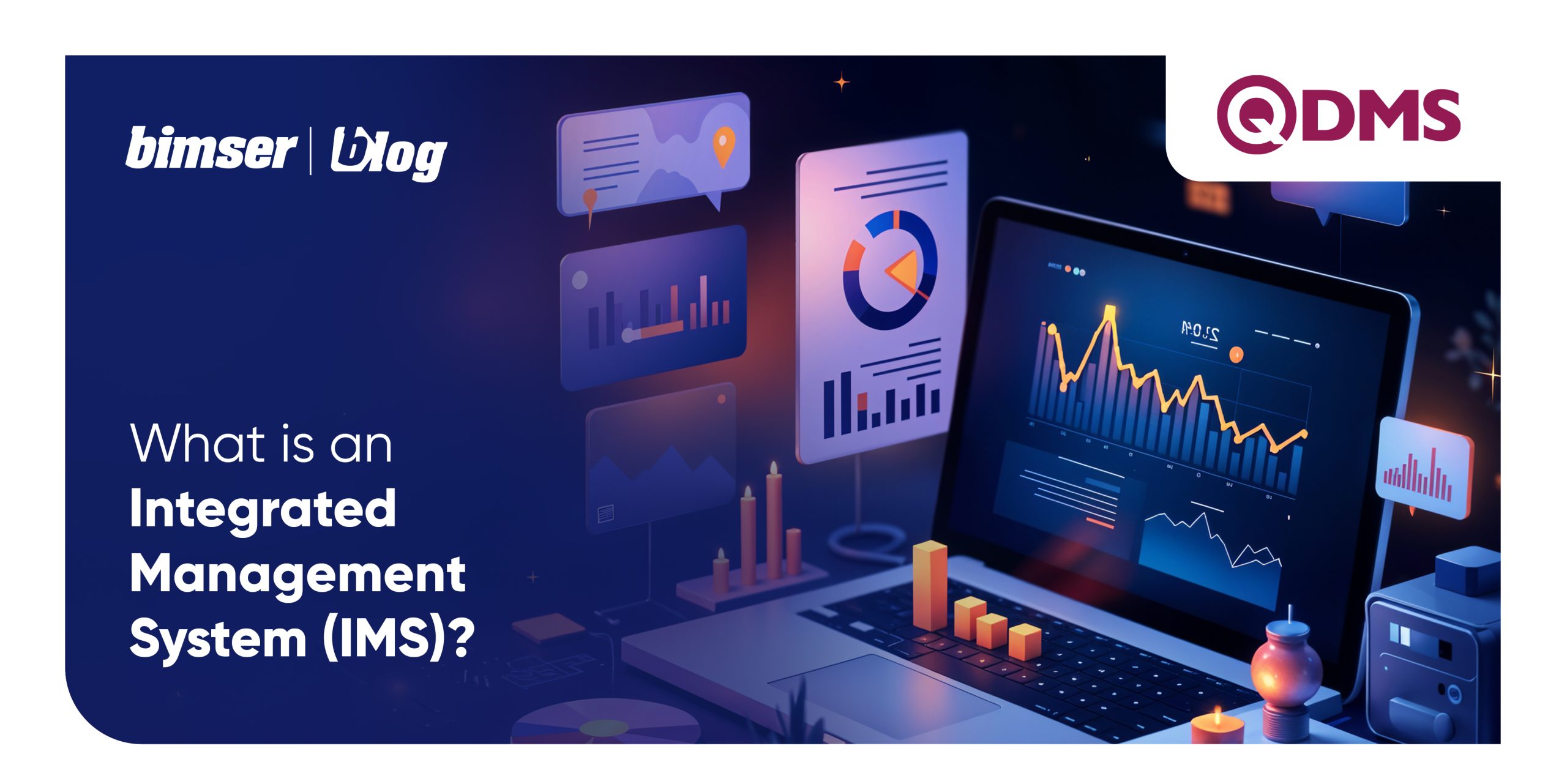What is an Integrated Management System (IMS)?
An Integrated Management System (IMS) consolidates various organizational systems and processes into a unified framework, enabling streamlined operations and consistent objectives across departments. This integration simplifies compliance with multiple standards, such as ISO 9001 (Quality Management), ISO 14001 (Environmental Management), ISO 45001 (Occupational Health and Safety), ISO 27001 (Information Security), and ISO 50001 (Energy Management).
Benefits of Implementing an IMS with QDMS
- Enhanced Efficiency and Resource Optimization
By integrating disparate systems, organizations can eliminate redundancies, streamline processes, and optimize resource utilization. This leads to improved operational efficiency and cost savings.
- Simplified Compliance and Audit Processes
A unified system facilitates easier compliance with various standards and regulations. Audits become more straightforward, as documentation and processes are centralized, reducing the time and effort required for preparation and execution.
- Proactive Risk Management
Integrating AI with QDMS allows for real-time monitoring and analysis of processes, enabling the early detection of potential risks. This proactive approach helps in mitigating issues before they escalate, ensuring smoother operations.
- Continuous Improvement and Decision Support
AI-driven insights provide valuable data for continuous improvement initiatives. Organizations can make informed decisions based on predictive analytics, leading to better strategic planning and performance enhancement.
Key Features of QDMS in an IMS Framework
- Document Management: Centralized control over documents ensures version consistency and easy access across the organization.
- Risk Assessment: Systematic identification and evaluation of risks associated with various processes, facilitating timely mitigation strategies.
- Audit Management: Streamlined planning and execution of internal and external audits, with automated tracking of findings and corrective actions.
- Training and Competency Management: Organized scheduling and tracking of employee training programs to maintain compliance and enhance skills.
- Action Management: Efficient assignment and monitoring of tasks arising from audits, assessments, or improvement initiatives.
Leveraging AI for Advanced IMS Capabilities
The integration of AI into QDMS enhances the IMS by providing:
- Predictive Analytics: Forecasting potential issues based on historical data, allowing for preemptive measures.
- Automated Decision-Making: AI algorithms can suggest optimal solutions for identified problems, reducing response times.
- Enhanced Data Analysis: Processing large volumes of data to uncover patterns and insights that inform strategic decisions.
In conclusion, implementing an Integrated Management System using Bimser’s QDMS, augmented with AI capabilities, provides organizations with a robust framework for efficient, compliant, and proactive management of their operations. This integration not only streamlines processes but also fosters a culture of continuous improvement and innovation.
For more information, please visit Bimser’s website.







